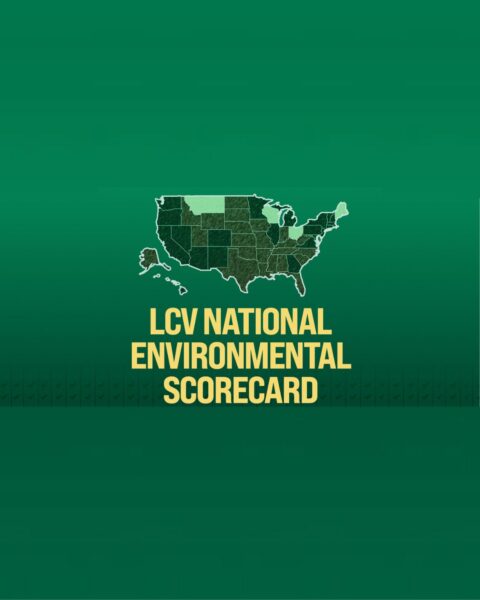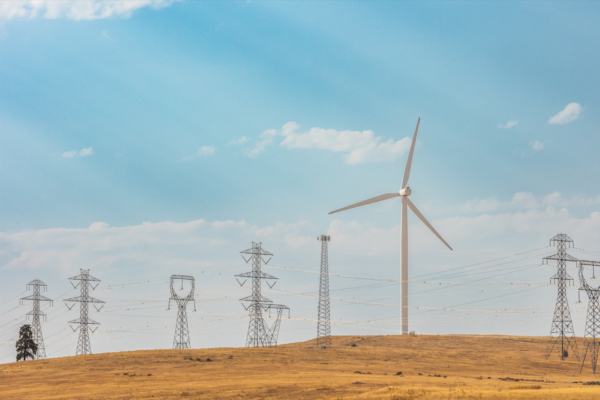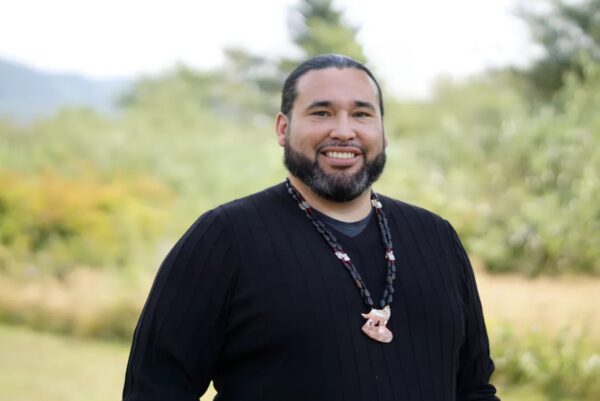Washington Conservation Action (WCA) is committed to amplifying the voices of our partners and of our communities. In that spirit, we publish Q&A blogs featuring people and leaders connected to our organization from around the state.
Washington Conservation Action endorsed Lisa Brown in her campaign to be mayor of Spokane, an office she has held since the beginning of 2024. We liked Brown’s commitment to the environment and to sustainability, to housing policy that de-emphasizes sprawl. She sees the links between economic justice, environmental justice and ecological damage.
Brown’s experience is deep and wide. She earned a Ph.D. in economics from the University of Colorado, Boulder and for more than three decades taught economics at Eastern Washington University and Gonzaga University. In 2013, she was appointed the first female chancellor of Washington State University, Spokane and she served in that role until 2017.
Outside of academics, Brown has also pursued an active political career. She served for 20 years in both houses of the state Legislature. She became the first female majority leader of the state Senate, a position she held for eight years. After an unsuccessful run for U.S. Congress in 2018, she was appointed director of the state Department of Commerce in 2019. She stepped down from that office in 2023 to run for mayor.
Brown chatted with WCA about her experience so far as mayor:
You’ve had a long and varied career. Why did you decide to run for mayor of Spokane?
I had served in the state Legislature and as director of the state Department of Commerce. I was leading Commerce from my home in Spokane during the pandemic. During that time, I saw my city struggling with a variety of things, such as homelessness and the fentanyl crisis. I observed a city administration that was not responsive. Spokane’s sustainability goals were not being implemented. I decided that I wanted to take my experience in policy and apply it at the local level.
I’ve been mayor since the beginning of 2024. In many ways. the local level of government is more challenging than what I experienced while serving at the state level. In the capitol, to some extent, we took local government for granted. But local governments must do so much—water, waste, streets, and more—and they have such limited resources to get all that done. The policy and budget decisions we make at the local level have such an impact. They directly affect people’s lives every day.
Why did you seek WCA’s endorsement? How did our endorsement affect your campaign?
I had been a partner with statewide environmental organizations for a long time. I found those relationships helpful to stay on track with goals and keep moving forward. I had not been at the local level for quite a while, I wanted WCA’s endorsement for the credibility that it would give me with the community in Spokane. I ran a grassroots campaign. WCA’s endorsement helped me recruit small-scale donations and volunteers for the campaign. It kept me connected to local goals for sustainability and the environment.
When you set up your transition process earlier this year one of the five committees you organized was focused on sustainability. Why is that? What are your major environmental goals?
One of the transition committee recommendations was to create a climate resilience and sustainability board that makes recommendations to the city council and the city administration. For instance, greenhouse gas emission goals: What is the road map to get there? We need that input from activists and experts to keep that momentum. We want to engrain this in city governance, so we have the infrastructure to keep things moving forward.
Transportation policy is really important. We need to move toward transit-oriented land use development, multimodal ways to move around the city. How do the city’s neighborhoods connect to each other and to the city core? Do we have bike and pedestrian safety? Can people move around without a car? We have great trail system. How could that be improved?
A third piece for us is partnering with organizations to create more resources for overburdened communities. We consider environmental justice a key value in sustainability and resilience areas. We’re partnering with grants, upgrading and creating community resilience hubs in traditionally marginalized communities. We need to transform our city with the perspective from people most impacted by environmental degradation. They have most to gain and the most to lose. It’s not easy, but it’s where we should lead from. We need energy sustainability practices that work for low-income families. The families should be able to get work and get to school in environmentally sustainable ways.
Your background is in economics. You’ve headed the state Department of Commerce. You’ve described yourself as a “frustrated economic developer.” How do you view the relationship between economic activity and the environment? What’s your view of our tagline, “Protecting people and nature as one”?
Economics is a really key tool. Incentives and disincentives make a huge difference in the choices that people make. An economic background helps you to see how one change affects another over time.
With Spokane, we are here because of the river and the falls. It’s the way that people were sustained from the beginning of human activity in this region: the natural environment and the salmon. It’s part of the city’s DNA to be connected to the outdoors. We’re a sports and outdoor recreation city.
You emphasize collaboration, breaking down silos. WCA also centers teamwork and collaboration. Why do you think this is important and what can it accomplish?
Spokane is not a wealthy city. Our median income is significantly lower than other cities on the westside. Partnerships help us have the resources to get things accomplished. Collaboration keeps us grounded in environmental justice, our partnerships with the Tribes, with Gonzaga University, with the activist community here.
WCA sees economic justice and environmental justice as linked. Like most places in America, Spokane is struggling with housing affordability and homelessness. Obviously, a big part of the solution is building more affordable housing. How do you approach balancing these human needs with the goals being climate smart and limiting sprawl?
I am really proud of Spokane’s housing policy. It was happening in a bipartisan way before I took office, but I am going to double down and keep it going. We have some of the best housing policy in the country, when it comes to infill. We have eliminated parking mandates and single-family zoning. Our planning dept is active and engaged in dramatically scaling up ability to do infill housing.
The city took advantage of opportunities to have small sales tax for affordable housing. It hadn’t been implemented. I’m excited. We just made first awards for affordable housing. We also have a deconstruction ordinance. When things are taken down, the materials can be reused.
In 2023, the Spokane area saw two huge wildfires, the Gray Fire near Medical Lake and the Oregon Road fire. What is the city of Spokane doing to prepare for a world of increasing temperatures and wildfire risk?
One piece of it is community resilience. With our partnership with Gonzaga University we are establishing resilience hubs. These will be places people can go when there are smoke days or other climate impacts like heat waves.
We’re also putting forward a community safety proposal for neighborhoods. A piece of that investment will be in fire prevention and planning for those neighborhoods to have better response, fire stations and so on.
What do you like to do outdoors?
I bike and I hike. I live in a neighborhood close to downtown and city hall. On my way to work, I can bike along the Centennial Trail, across one of our bike pedestrian bridges. It makes the commute really enjoyable.
Your donation ensures a sustainable future.


